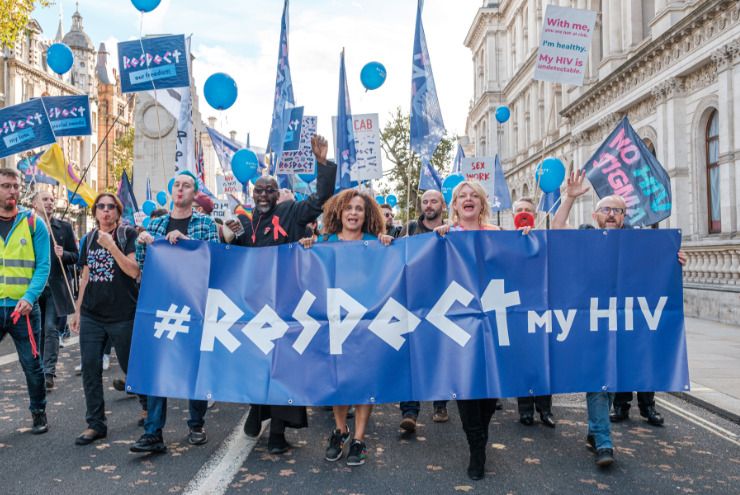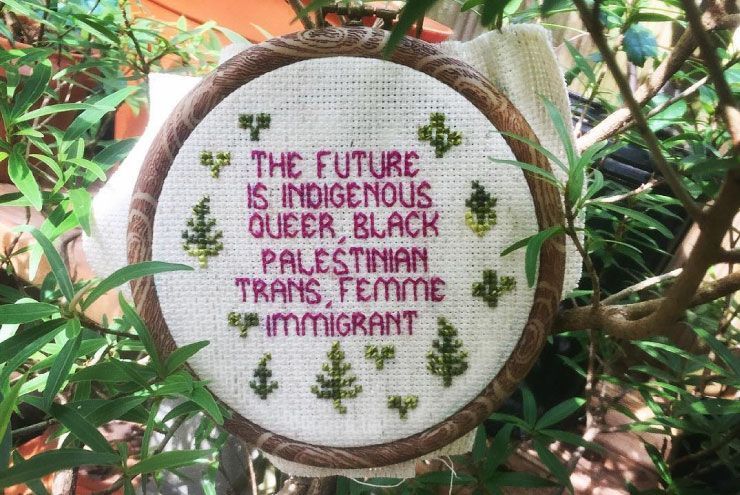By Mx. Jacob Kelley
In recent decades, significant strides have been made in the global battle against HIV/AIDS. World AIDS Day, marked on December 1 each year, serves as a poignant reminder of the progress achieved, the challenges that persist, and the need for continued awareness and action.
Remarkable progress has been made since 1981, when HIV was mistakenly termed GRID (gay-related immune deficiency). Antiretroviral therapy (ART) has revolutionized HIV management, transforming the virus from a death sentence to a manageable chronic condition. The development of pre-exposure prophylaxis (PrEP) has provided a groundbreaking preventive tool, offering all individuals a way to significantly reduce their chances of acquiring HIV. PrEP and HIV medications have advanced so much, now presenting the option for an injectable that can be taken once a month, rather than as a daily dose. Moreover, global efforts have increased access to testing and treatment, contributing to a decline in new HIV infections. Initiatives like the joint United Nations Programme on HIV/AIDS (UNAIDS) have played a pivotal role in coordinating international efforts, promoting education, and advocating for the rights of those affected by the virus.
While celebrating these strides, the ongoing fight against HIV is evident, with new infections persisting each year. Education, accessible prevention tools, regular testing, community engagement, stigma reduction, and continued research remain crucial in sustaining and advancing progress. Access to treatment remains unequal, with historically excluded communities often facing barriers to care. Stigma and discrimination continue to be formidable obstacles, particularly within the LGBTQIA+ community. Homophobia, transphobia, and societal prejudices contribute to an environment where individuals are reluctant to seek testing or disclose their HIV status.
Disparities in healthcare access and education compound the issue, leaving some communities more vulnerable to the virus than others. The intersectionality of factors such as race, socioeconomic status, and geographical location further exacerbates the impact of HIV/AIDS on such populations. Within the LGBTQIA+ community, HIV stigma is a complex and multifaceted issue. Despite advances in societal attitudes towards homosexuality and transgender identities, the persistence of HIV stigma remains a significant concern. Misconceptions, fear, and a lack of understanding contribute to the perpetuation of stereotypes and discrimination against individuals living with HIV. The pressure to conform to societal expectations of health and desirability can lead to internalized stigma, causing individuals to feel shame or self-blame for their HIV status. This internalized stigma has profound effects on mental health, contributing to anxiety, depression, and a reluctance to seek care.
- Addressing HIV stigma within the LGBTQIA+ community requires a multifaceted approach. Education and awareness campaigns must strive to dispel myths about HIV transmission and challenge stereotypes associated with the virus.
- Promoting open conversations about sexual health, consent, and HIV within the community can contribute to a more supportive and informed environment.
- Cultural competency training for healthcare providers is essential to ensure that individuals from the LGBTQIA+ community receive non-judgmental and inclusive care.
- Community-led initiatives, support groups, and online resources can provide a sense of belonging and understanding for those living with HIV.
World AIDS Day serves as a critical reminder of the importance of ongoing efforts to eliminate discrimination, improve access to care, and promote a supportive environment for those affected by HIV. By fostering understanding and solidarity, we can work toward a future where HIV/AIDS is no longer a source of stigma but a shared commitment to health, well-being, and compassion.







